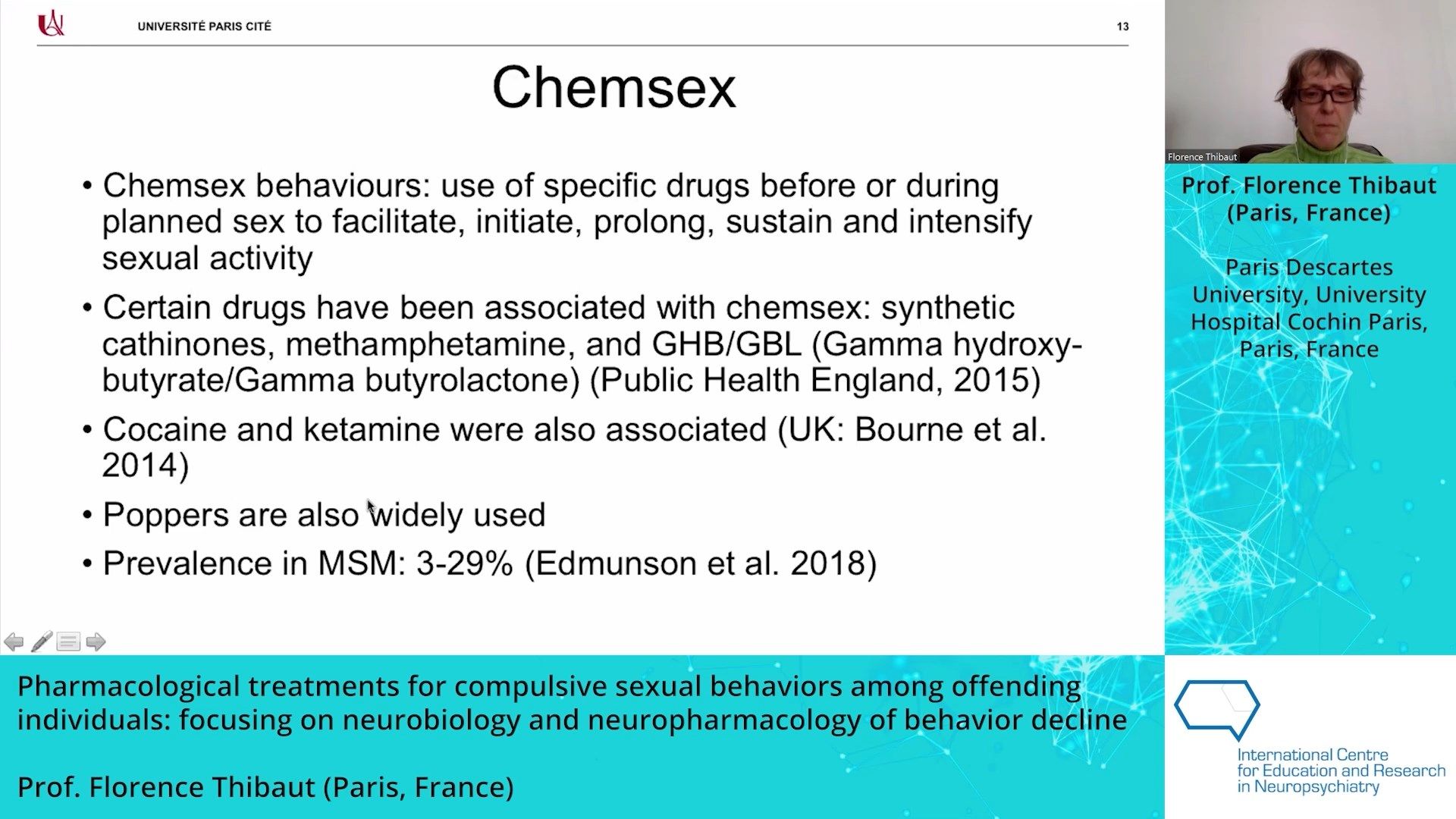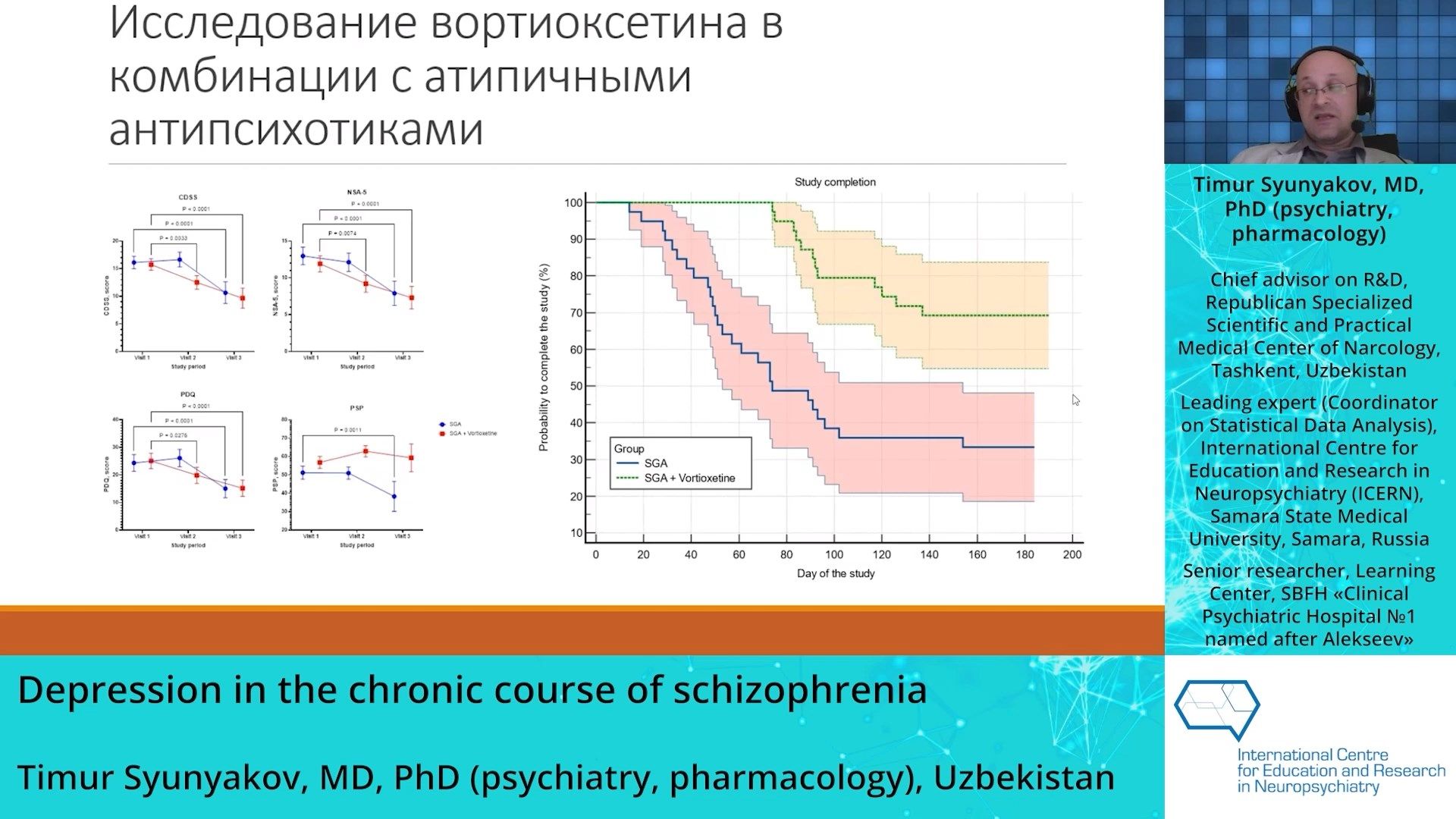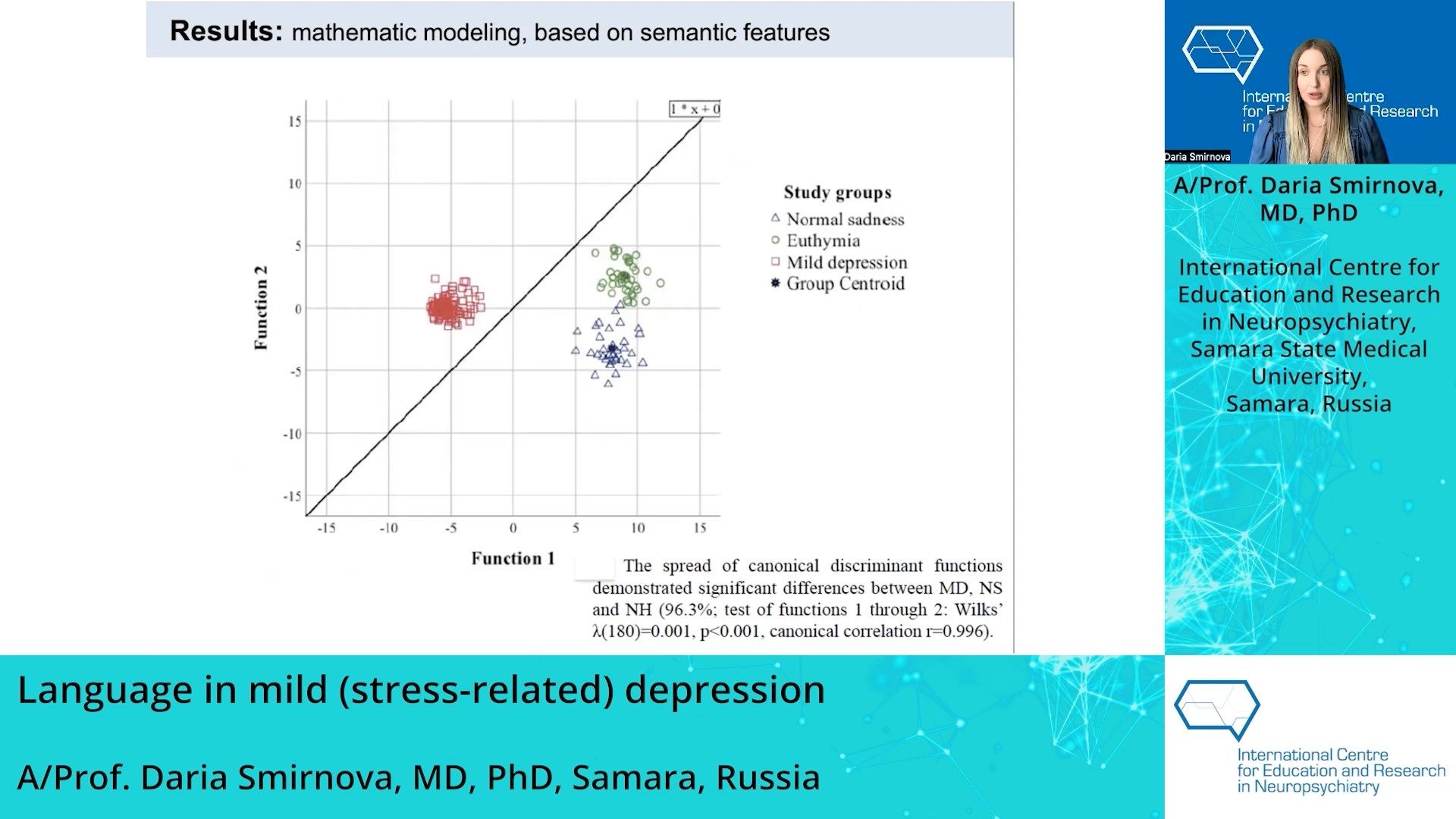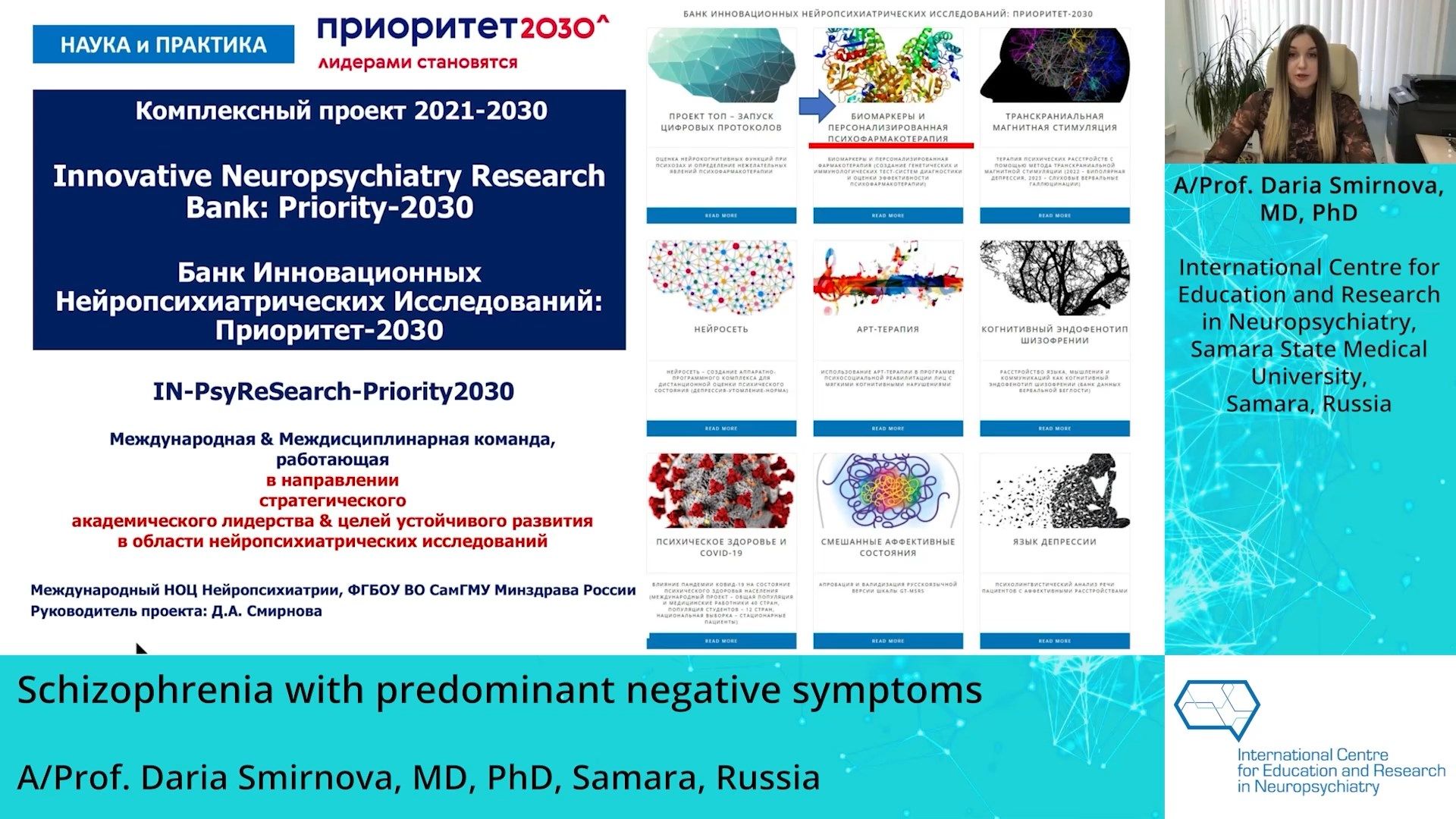22. Pharmacological treatments for compulsive sexual behaviors among offending individuals: focusing on neurobiology and neuropharmacology of behavior decline
Pharmacological treatments for compulsive sexual behaviors among offending individuals: focusing on neurobiology and neuropharmacology of behavior decline
Prof. Florence Thibaut, France
Paris Descartes University, University Hospital Cochin Paris, Paris, France
Pharmacological treatments for compulsive sexual behaviors among offending individuals: focusing on neurobiology and neuropharmacology of behavior decline
Abstract:
Even if the prevalence of hypersexuality in paraphiliacs or paraphilic disorders is close to the prevalence reported in the general population, it remains a risk factor for sexual offense. In current lecture we review common risk factors between hypersexuality and paraphilic disorders as well as the comorbidity between both disorders, especially in sexual offenders. Although the neurobiology and neuropharmacology of sexual behavior remain unclear, there has been significant research that aims to highlight the neuronal circuits and neurotransmitters involved in sexual disorders such as paraphilic disorders and hypersexuality. Pharmacological treatment of sex offenders with paraphilic disorders should follow the principles of the risk-needs responsivity model, meaning that the higher the risk, the more intensive the proposed therapeutic approach. The criminogenic needs addressed by pharmacological treatments are paraphilias/paraphilic disorders (mostly pedophilic and sadistic disorders) and hypersexuality. Pharmacological treatment of sex offenders with paraphilic disorders should be part of a more comprehensive treatment plan including psychotherapy (mostly behavior therapy). The treatment guidelines for patients with comorbid paraphilic disorders and hypersexuality are proposed in the talk, as far as the ultimate goal of clinicians is to prevent sexual offenses in these patients.


















